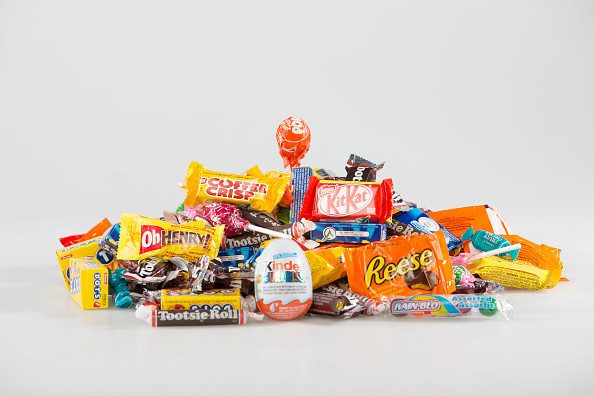Harvard University experiment shows US, Canadian and Ugandan children are the world's fairest

The culture in which people live can affect the way and how fairness develops in children, a study from Harvard University has revealed. The study looked at how fairness develops across different peoples.
The researchers gave children a game where candy was distributed among two players. Although they found that all children in the world didn't hesitate to reject unfair deals for themselves, youngsters in three countries – the US, Canada, and Uganda – also rejected unfair deals that were not favourable to others.
In each test, various sets of two children were asked to play the role of 'the actor' or 'the recipient'. These children were sat opposite each other, with an apparatus made up of two platforms and two handles in between them. The sweets were then put on the platforms in different distributions, favouring either the actor or the recipient, according to the study published in Nature.
Felix Warneken, the John L. Loeb associate professor of the social sciences and senior author of the study, said: "In some trials, the distribution was one piece of candy for the actor and four for the recipient, and in others it was the other way around. If the actor decides to accept the distribution, they pull a green handle, the platforms tilt out and they get the candy. If they reject it, they pull a red handle, the platforms tilt in, the candy falls into a bowl and nobody gets any."
"We had run studies exploring this idea – what we call inequity aversion – in the Boston area, but this type of study, looking at the cross-cultural specificity of it, had never been done before," added Warneken. In the Boston trials they found that age played a factor in how they reacted to unfair deals.
They found that children in the US began rejecting unfair deals for others by the age of eight. "That was a somewhat surprising finding, that kids were willing to make that type of sacrifice," Peter Blake, now an assistant professor of psychology at Boston University, formerly of Harvard, said. "When we asked them why they did it, they said it was not fair."
They then ran the same test across Canada, India, Mexico, Peru, Senegal and Uganda. "Given that we see disadvantageous inequity aversion so young in the US, we thought it was more likely we would see it in all cultures, and indeed, that's what we found," Katie McAuliffe, now an assistant professor at Boston College, said. "There was some variation in the age when it emerged, but we saw it everywhere."
Only in the US, Canada and Uganda did children reject allocations that were unfair on others, however. "Given our previous results, you might not be terribly surprised to see it in the US and Canada, but Uganda seems like an unusual finding," McAuliffe said. "One reason might be that...the children from the school in which we conducted our study interact with Westerners on a fairly regular basis, so it's possible that they are exposed to the same Western norms."
© Copyright IBTimes 2025. All rights reserved.






















